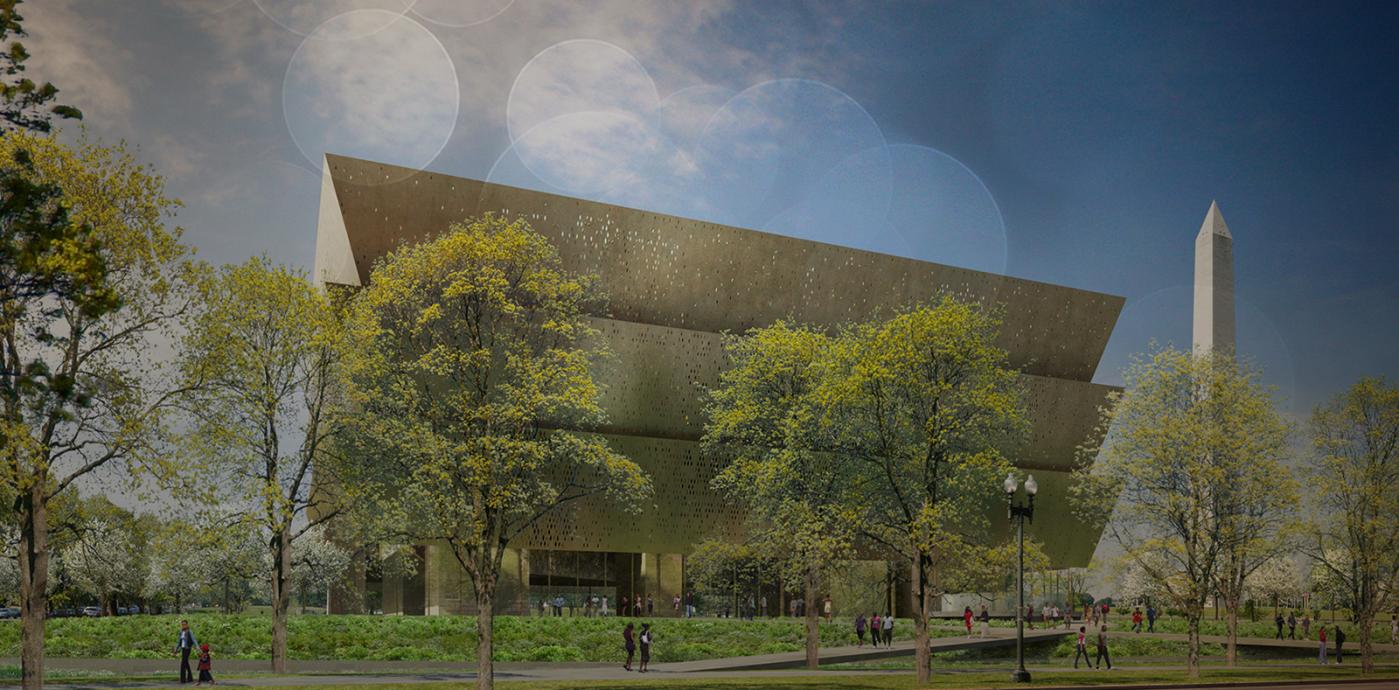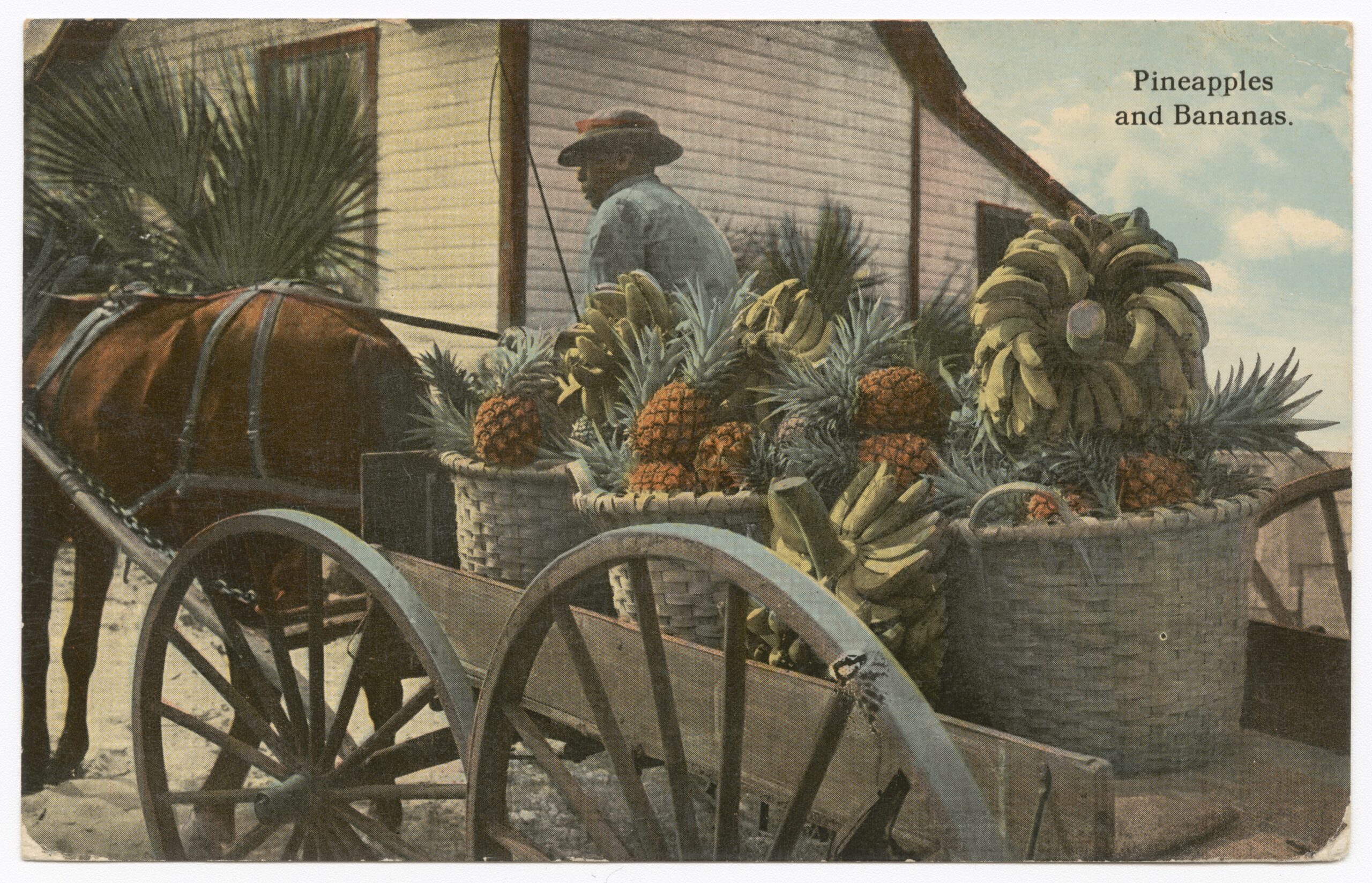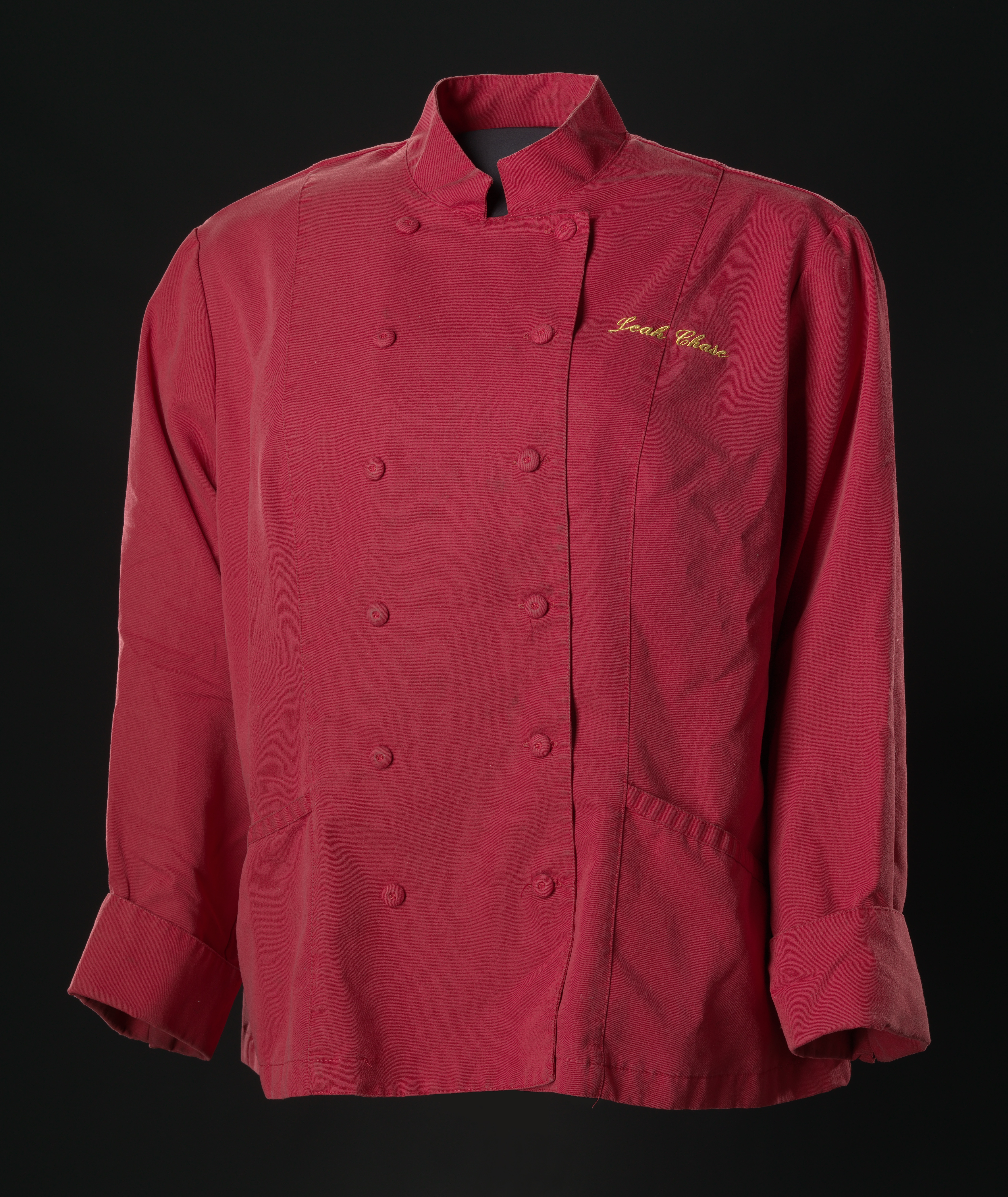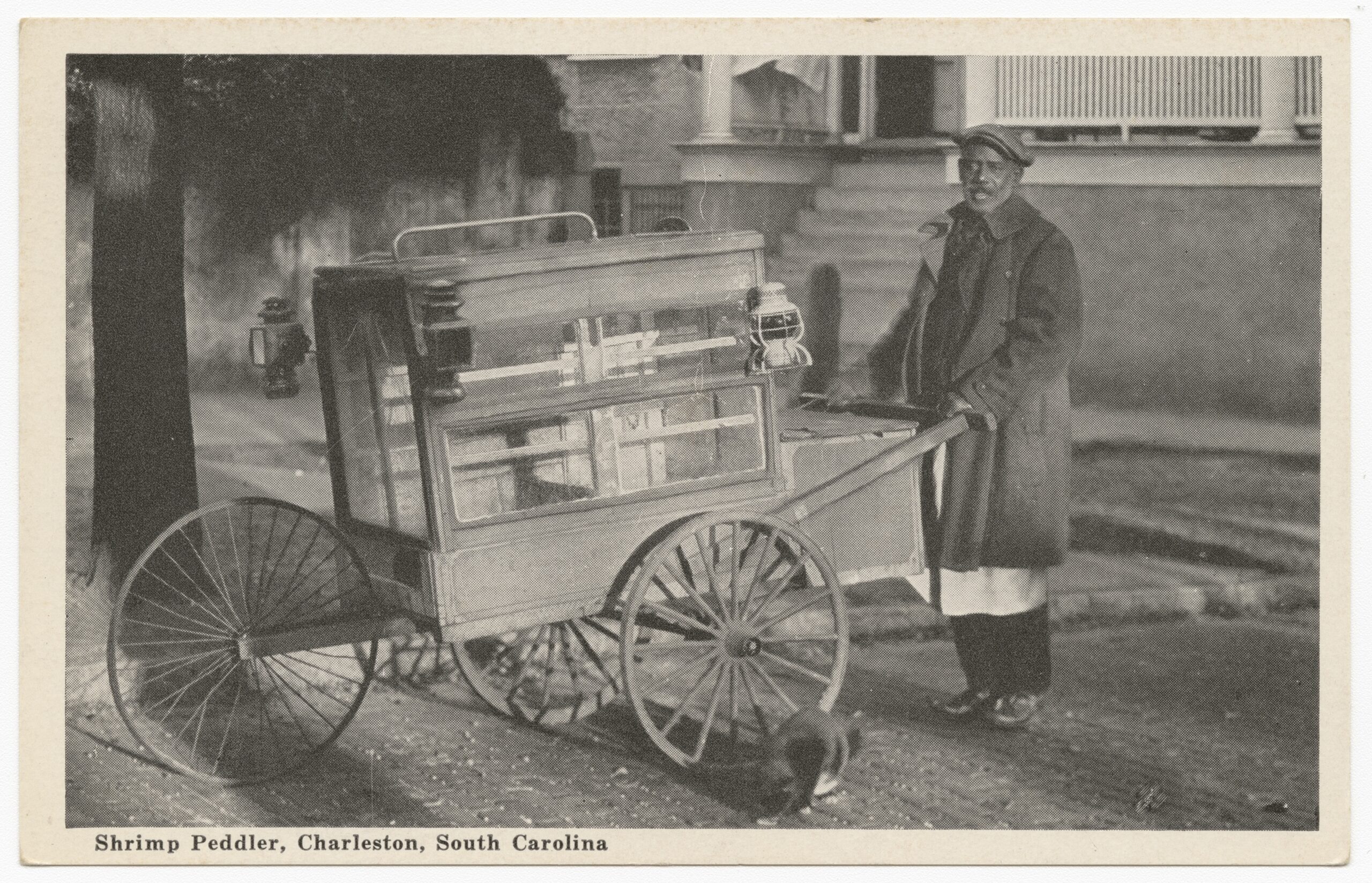In 26 days the Smithsonian National Museum of African American History & Culture will open its doors on the National Mall in Washington, D.C., my beloved home town. While September 24 will be here before I know it, for the more than 45 million Americans of African descent, national acknowledgement in the form of an institution of this magnitude has been a long time coming. I can’t help but think of the starkly moving cover of The Atlantic magazine featuring Ta-Nehisi Coates’s cogent essay The Case for Reparations, its black background emblazoned with a timeline of injustices that were born out of the founding of this nation:
250 years of Slavery.
90 years of Jim Crow.
60 Years of Separate but Equal.
35 Years of state-sanctioned redlining.
Add to this already lengthy chronology the fact that it has been 500 years since the first person of African descent, (a black conquistador by the name of Juan Garrido), arrived on the shores of the New World. Therefore, a national museum dedicated to the imagination, fortitude, endurance, industry, creativity, and spirit of African American people is inarguably overdue. And with this kind of occasion, and so many eyes turned toward the Museum, it is natural that there should be a multitude of expectations. The Museum will mean different things to different people and institutions.
What the Museum Means to Me, and to the Oldways African Heritage & Health Program
One of my aspirations for the Museum is for it be a safe space in which to tell our story with our own words, and from a national stage. It’s a chance for us to claim and exercise the ultimate ownership of all that has happened to us since our Exodus without having it tainted through a Eurocentric lens. In a museum of one’s own, our contributions and achievements can be evaluated independently, and without the type of negative comparison that led author Saul Bellow to wonder why the Zulus have no Tolstoy (as if long Russian novels are the sole hallmark of cultural greatness). They can also be properly situated and framed within the context of slavery, an institution that continues to shape our country in so many visible and invisible ways.
As Program Assistant for the Oldways African Heritage & Health Program, I’m especially looking forward to the foodways exhibition that will compose a portion of the Museums Cultural Expressions Gallery. There are many ways to tell a story of a people foodways is one narrative mode, and a particularly valuable one given the Transatlantic slave trade’s ruthless methods for stripping enslaved Africans of their mother tongues, and various ethnic and cultural distinctions. Because Africans and their descendants necessarily played essential and pioneering roles in American agriculture and domestic spheres, and cooking is easily passed down through generations, culinary traditions have proven to be surprisingly durable. The fact that the Museum is showcasing these traditions and the faces, lives, and voices behind them, is indeed cause for celebration.
I’m also hopeful that beyond curating important artifacts reflective our culinary journey, that the Museum will assume a leadership role in educating African Americans about our surviving and thriving heritage foods and modes of cooking through future programming. We at Oldways are looking to the Museum as a vital resource and partner in helping to spread our message about the healthful benefits of returning to our original, traditional ways of eating a mission that we are accomplishing primarily through A Taste of African Heritage, our community-based cooking classes that we conduct with the national support of the Walmart Foundation.
Join Us at the Museum’s Grand Opening
On September 24, Oldways and a contingent of volunteer teachers who make A Taste of African Heritage happen in cities throughout the nation will be there to cheer on the museum and its efforts. We’ll also be looking on with pride as the history that has either been twisted into something unrecognizable, or altogether ignored, is brought to light. Check the Oldways Table Blog at the end of September for Program Manager Sade Anderson’s personal experience at the Grand Opening.
If you’re interested in attending the grand opening and meeting up with the Oldways AH&H group on Sept. 24, please email me here.
Johnisha Levi, Oldways African Heritage & Health program assistant









